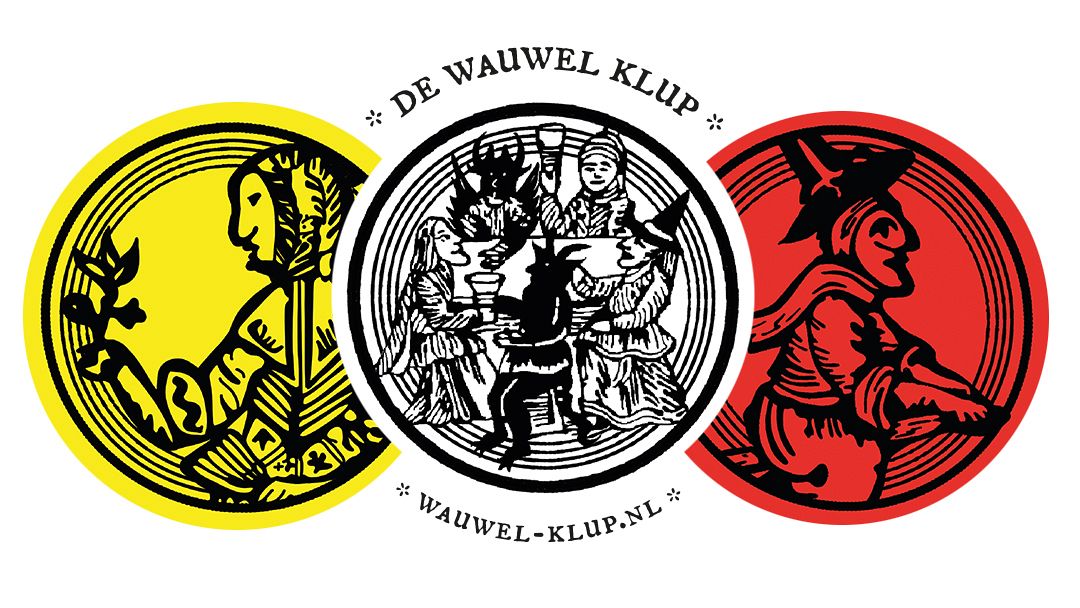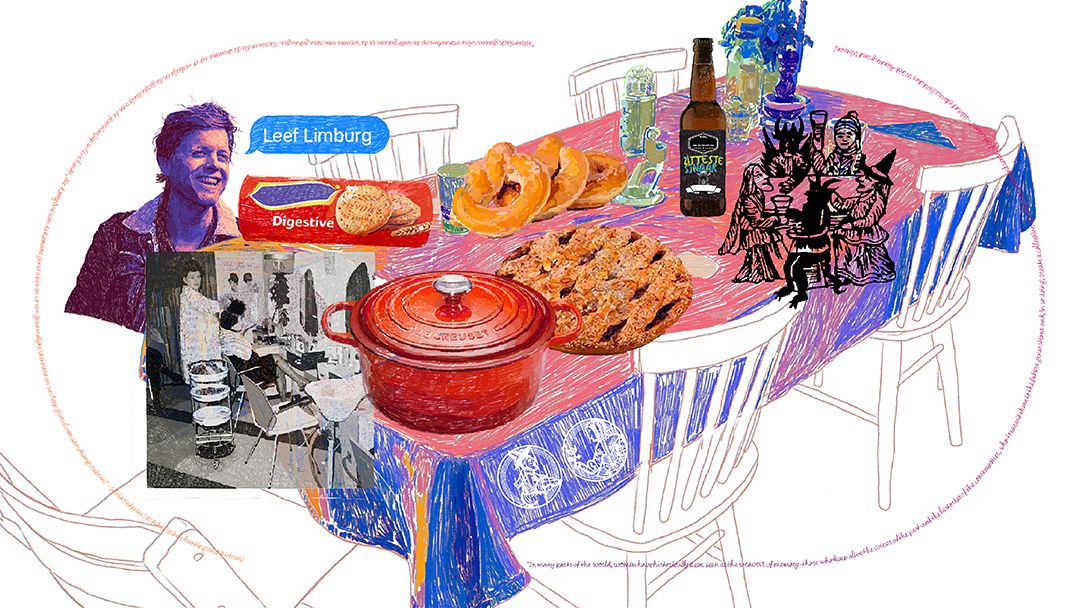
Michelle Janssen
Internship: De Monsterkamer
De Wauwel Klup Through legal measures, language policies, and public funding in education and media, the official language of a nation-state acquires its dominant position. This coincides with a decrease in the use of regional and minority languages, and often to a stigma for their speakers.
Inspired by Silvia Federici's feminist notion of Gossip, Michelle Janssen aims brings people together and hosts conversations around their experiences with minority languages. The project De Wauwel Klup (Limburgisch for The Gossip Club), revives the practice of consciousness raising as a structure for exchanging experiences, personal ideas, and thought processes. It aims to facilitate a space to address current stereotyping in the Netherlands.

LOOKING AT #FEMVERTISING THROUGH THE EYES OF FEMINISTS
Thesis
“Remember when we thought the next horizon of feminism was going to be wage equality or universal health care? Turns out, it’s underpants.” Andi Zeisler (2016)
In this thesis I am researching the concept of #femvertising. According to the advertising industry, femvertising is a form of advertising that employs pro-female talent, messages, and imagery to empower women and girls. With this type of advertising, I have been confronted with since I was a 12-year-old girl who was learning from media, like tv and the internet, what it means to be a woman. Where I was first mesmerized by this femvertising, I started to grow an annoyance and anger towards femvertisments. However, I didn’t completely understand why. Learning from writers like Sara Ahmed, Simone de Beauvoir, Guy Debord, Betty Friedan, Roxane Gay, Jean Kilbourne, Naomi Klein, Katie Martell, Caroline Criado Perez and Andi Zeisler. But also, by looking at different types of femvertisments over the years and looking at designers harnessing political topics like feminism in their works. I concluded that most companies, that are aligning themselves with feminism through advertising are merely using feminism to appeal more to a demographic of female consumers. The biggest danger of this form of feminism is that people might subconsciously start to think that things have already improved, and we no longer need feminism. However, numbers are show there is still a very long way to go. By redefining Femvertising, I want to put more emphasis on the fact the goal of advertising is always to sell a product. Femvertising is a form of advertising that is taking advantage of feminist imagery and ideas, to sell products and change consumers’ brand perspective.
Unexpectedly, through researching this topic I understand better what feminism means to me and how as a graphic designer I want to apply it in my work.